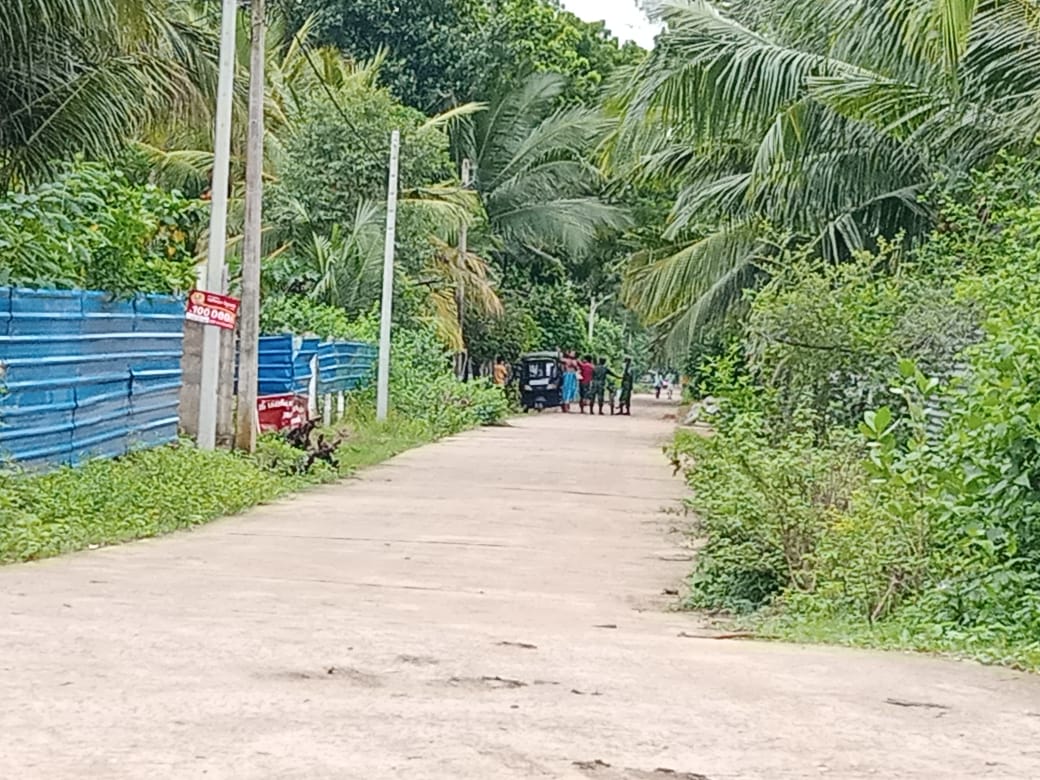
The Sri Lankan military has been surveilling and harassing families of fallen LTTE cadres in Kilinochchi and Thirunagar ahead of Maaveerar Naal, locals report.
Sri Lankan state officials patrolled the homes and interrogated family members of fallen cadres to disrupt commemorations ahead of 'Maaveerar Vaaram', the week of remembrance preceding Maaveerar Naal.
This week, Sri Lankan courts banned Maaveerar Naal commemorations in Vavuniya and Mullaitivu, following a request from Sri Lankan police. The court orders named several activists and politicians from across Tamil parties, and banned individuals from participating in commemoration events between the 20-29 of November.
Maaveerar Naal is held each year on November 27, the day the first LTTE cadre, Lt. Shankar was martyred in 1982. In previous years, the event was marked with large-scale ceremonies held in cemeteries (Thuyilum Illam or Resting Places) that were built across the North-East, housing thousands of fallen fighters.
Since the end of the armed conflict in 2009, the cemeteries have all been destroyed and public events clamped down on by the security forces. In 2017 and 2018 Tamils defied state intimidation which persisted despite a relative easing of securitisation of such remembrance events to hold larger scale ceremonies. Recent years, have seen a renewed crackdown.
The UN High Commissioner for Human Rights, Michelle Bachelet, raised her concerns over the continued “surveillance, intimidation and judicial harassment of human rights defenders, journalists and families of the disappeared" in September after Sri Lankan courts issued bans on memorials to Lt Col Thileepan, who sacrificed his life in peaceful protest against the failure of the Indian government to honour the pledges made to the Tamil people.
Read more here.
Last September, then UN Special Rapporteur on the promotion of truth, justice, reparation and guarantees of non-recurrence, Pablo de Greiff highlighted that crackdown on memorialisation events including those that memoralised the fallen Tamil Tigers had a damaging psychological impact which was “retraumatizing and alienating”.
We need your support
Sri Lanka is one of the most dangerous places in the world to be a journalist. Tamil journalists are particularly at threat, with at least 41 media workers known to have been killed by the Sri Lankan state or its paramilitaries during and after the armed conflict.
Despite the risks, our team on the ground remain committed to providing detailed and accurate reporting of developments in the Tamil homeland, across the island and around the world, as well as providing expert analysis and insight from the Tamil point of view
We need your support in keeping our journalism going. Support our work today.
For more ways to donate visit https://donate.tamilguardian.com.

